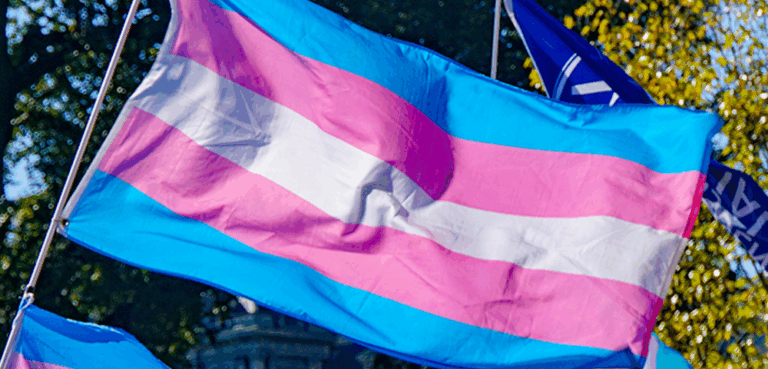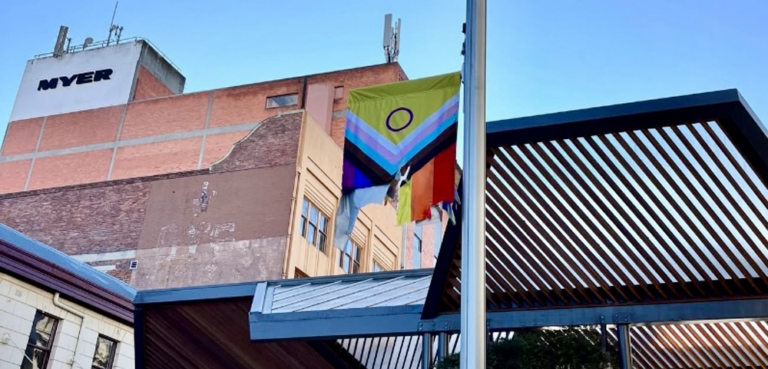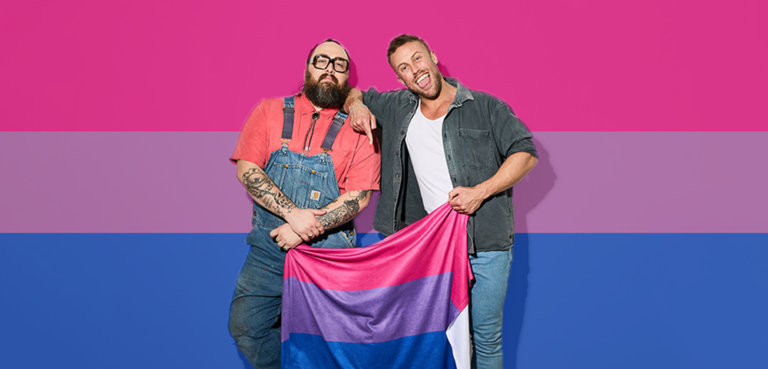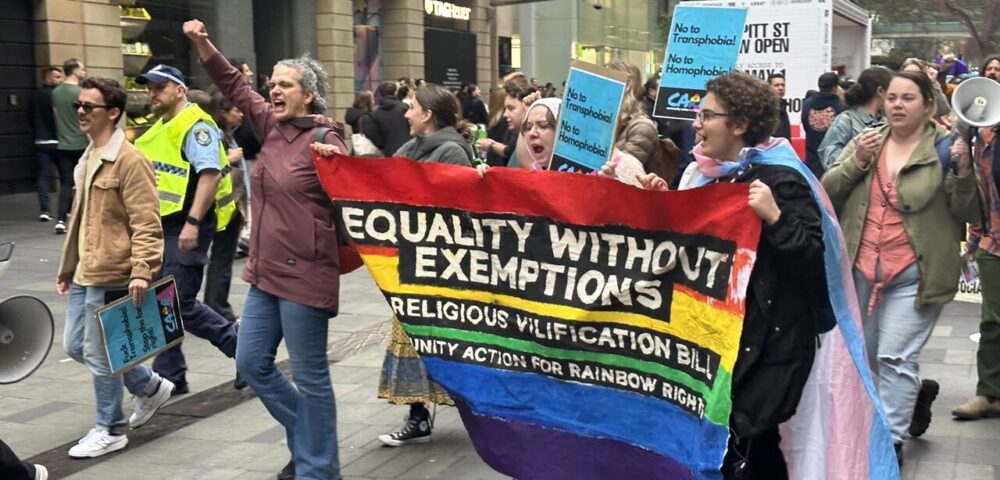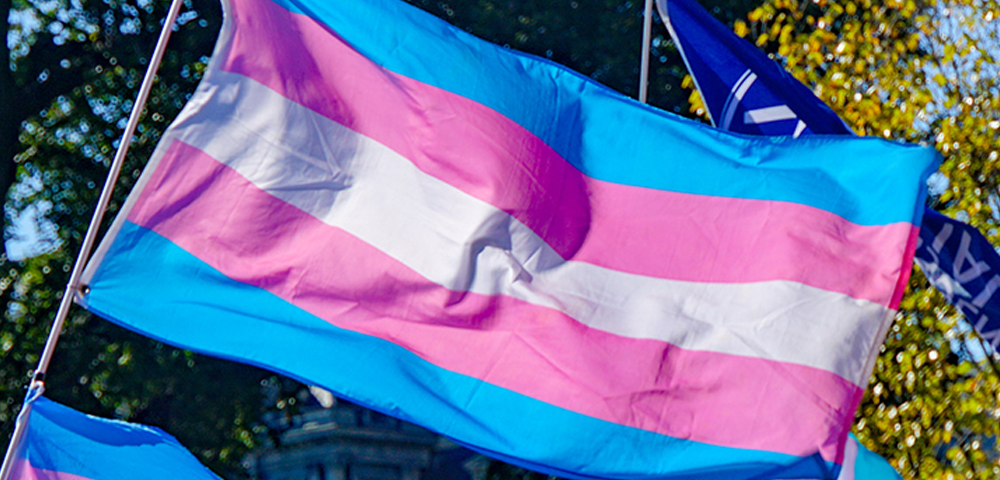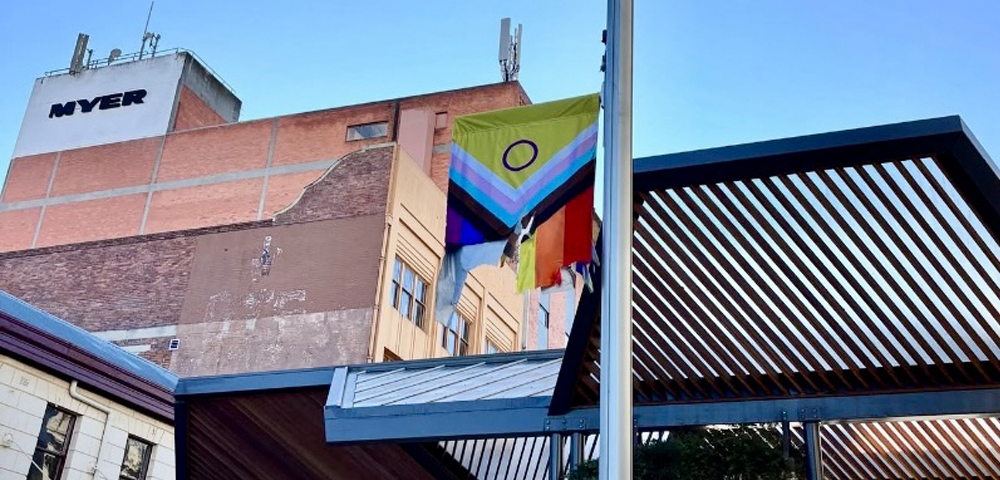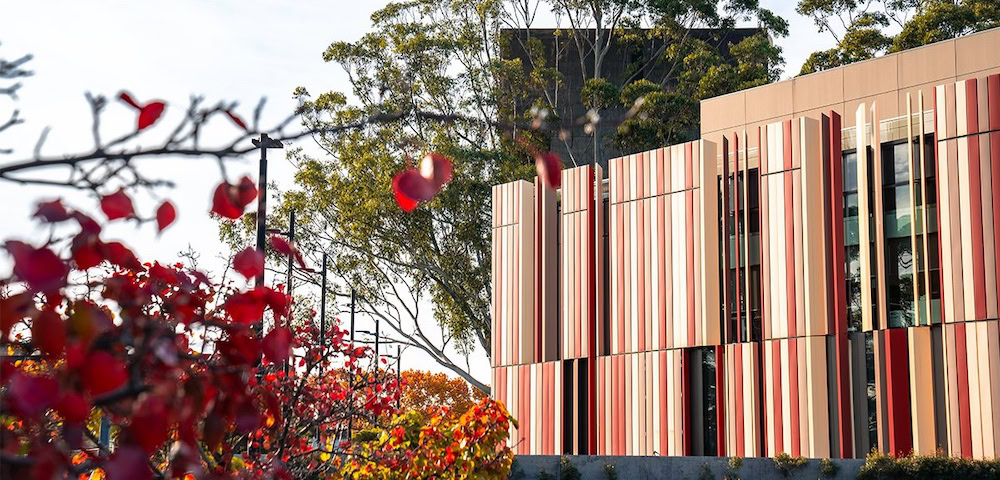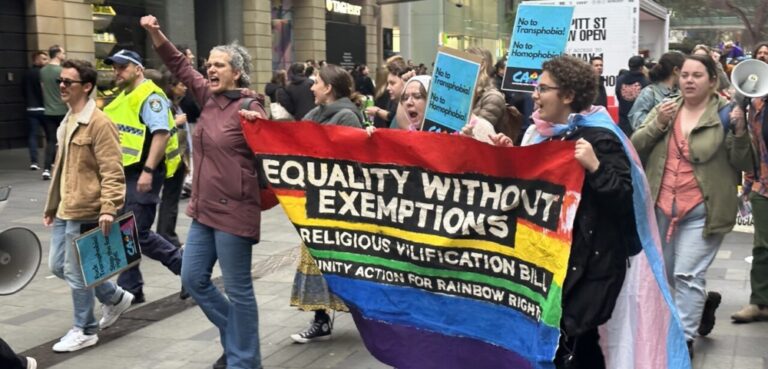
Manila Bans Gender & Sexual Orientation Discrimination

Mayor of Manila, Isko Moreno, signed Ordinance 8695 or the Manila LGBTQI Protection Ordinance of 2020 in the Philippine capital city on October 29.
The ordinance bans discrimination based on a person’s sexual orientation and gender identity expression (SOGIE) and is a small step in the right direction for LGBTQI rights in the Philippines.
The ordinance defined discrimination as any “distinction, exclusion, restriction, or other differential treatment that is directly or indirectly based on SOGIE, which has the intention or effect of nullifying or impairing the recognition, enjoyment or exercise on an equal footing of political, civil, economic, social and cultural rights.”
“Everybody should be treated equally, respected, understood and be shown compassion,” Moreno said. “In Manila, there are no poor, no middle class, no rich, no gays, no man and no woman. We are all equal here. We will not allow discrimination.”
Manila is the capital city of the Philippines and while there are no laws against same-sex sexual activity in the country, the LGBTQI community has no federal legal protection against discrimination. The federal government has been unable to pass national discrimination laws, even though there have been several attempts to pass such laws in the Philippines since 2001.
The closest the country has come to passing laws against discrimination of the LGBTQI community was the SOGIE Equality Bill, which was introduced to the Philippine Congress in 2013 and finally died in June 2019 with conservative senators fighting it every step of the way.
In 2019, the President of the Philippines, Rodrigo Duterte had expressed in principle support for an anti-discrimination bill, though this does seem unlikely since he recently pardoned a US Marine for the murder of transgender Filipino women, Jennifer Laude, as reported by the Star Observer in September.
In Manila, the signing of the ordinance now makes it illegal to deny or limit access to an employee’s promotion opportunities, transfer, training, schooling and refuse employment, among other things, “on the basis of actual or perceived sexual orientation and gender identity and expression.”
The ordinance also outlaws bringing together groups and activities that incite discrimination against a person’s sexual orientation, gender identity and expression
There is an increasing scale of fines that offenders have to pay with the first offence attracting a fine of P1,000 (A $29) or jail time of six months or both, with the fourth and subsequent offences attracting the highest fine of P5,000 (A$146) and imprisonment for one year.
